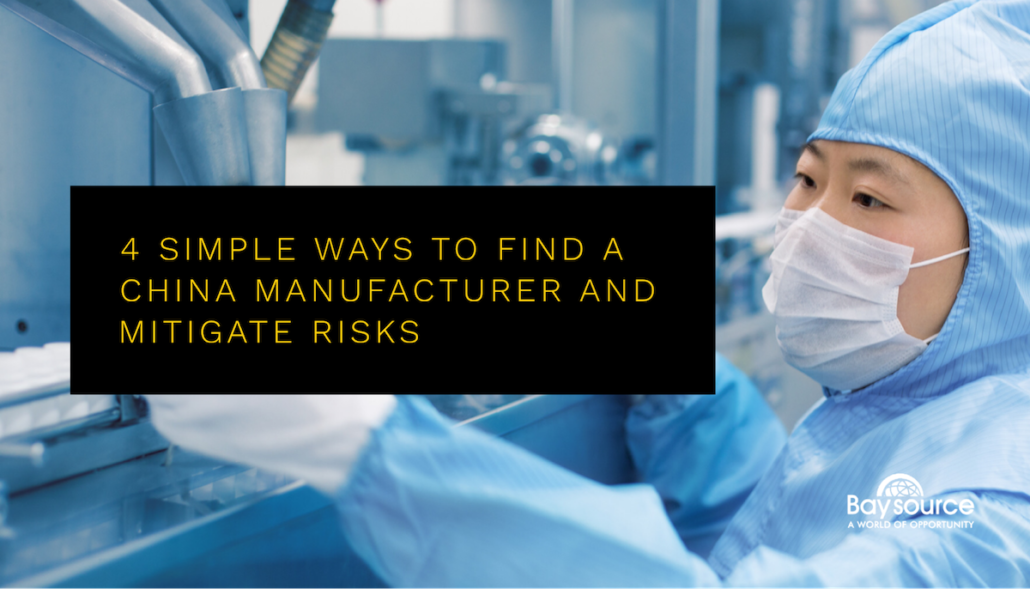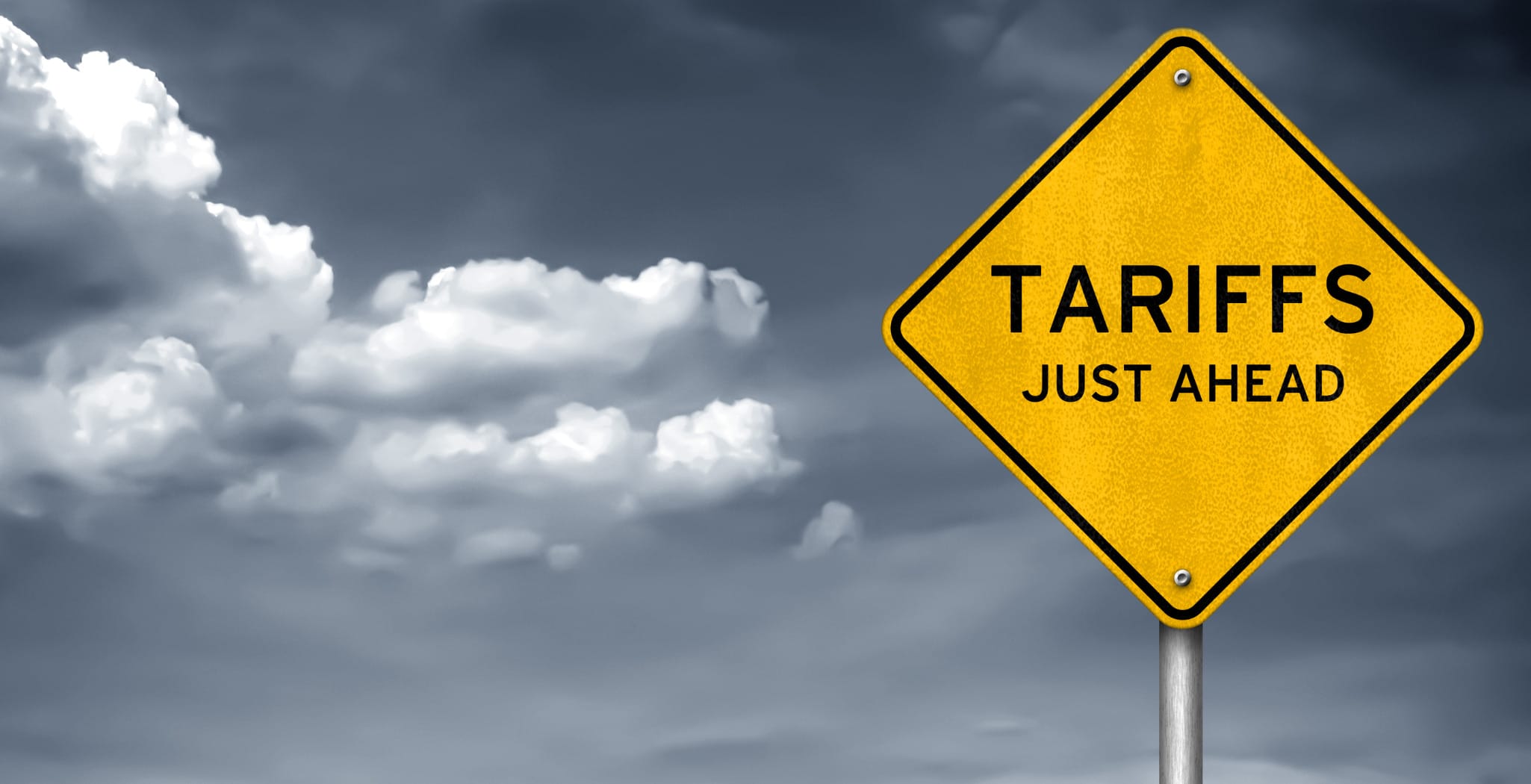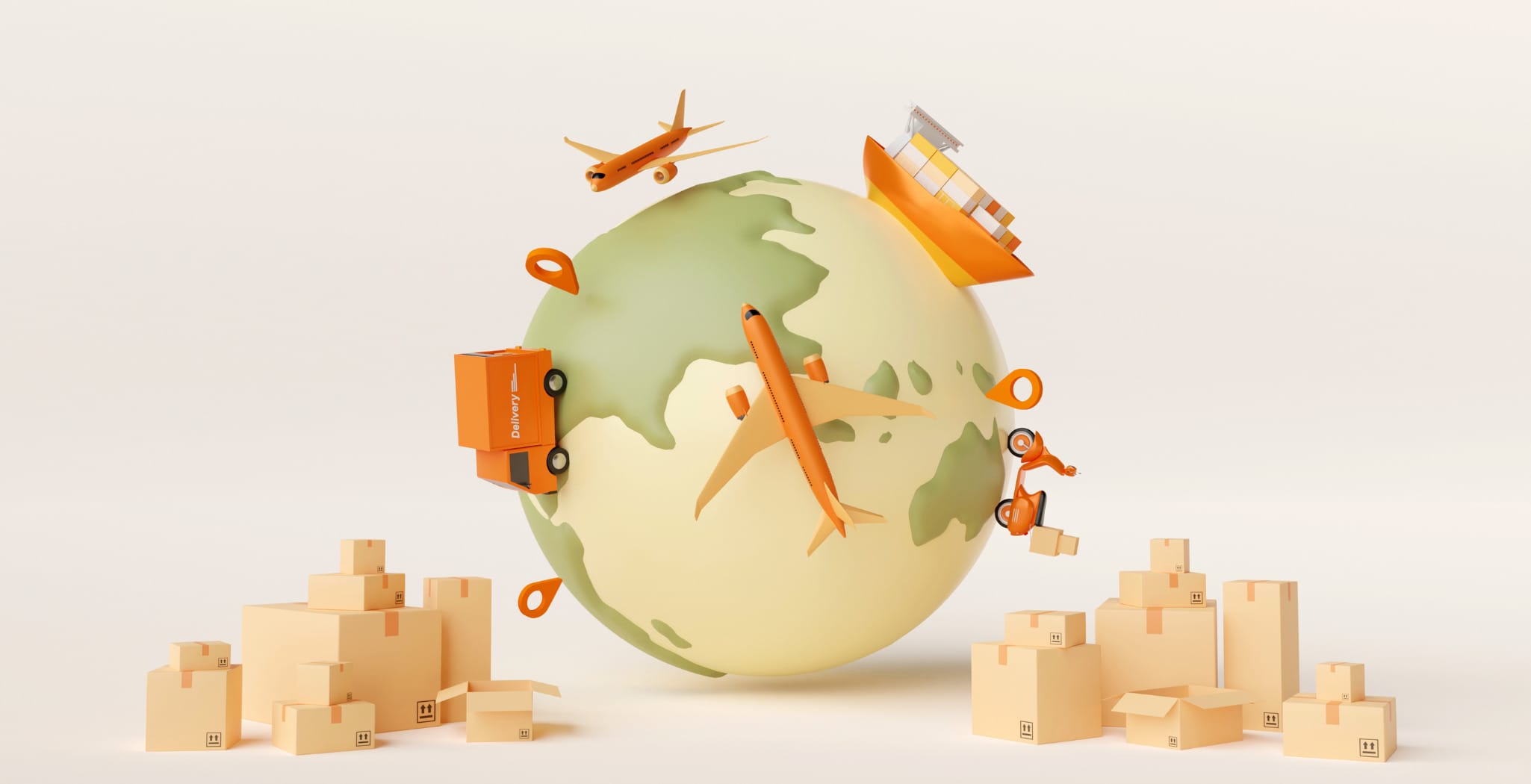In the shadows of a U.S. China trade war, brands do not stop innovating or developing new products. With cautious optimism and a thriving economy, decision makers continue to tap into the robust China manufacturing landscape for contract manufacturing options as well as consider the China market for their products. If you are looking to find a manufacturer in China, here are some places to start:
Finding a manufacturer in China
Deciding how to find the right manufacturer can be a project in and of itself. How and where to start your search are toughest questions to conquer. Typically, most business people find manufacturers in China by way of one of these four (or a combination) methods: Reaching out to your LinkedIn network, attending trade shows, face to face meetings and factory visits, and/or hiring a China Consultant.
1. LinkedIn. The Internet. And more LinkedIn.
Do not underestimate the power of your connections. This is the fastest and easiest way to start your search. LinkedIn is a powerful resource beginning with your connections and their connections. Compile a list of potential professionals and use the InMail feature to send a quick note.
Join a Group. LI Groups such as the China Manufacturing Group and discussions are rich in content and super focused by topic.
Use the LinkedIn search tab to refine your search whether searching for connections, content, companies or groups.
Refine your ‘Google Search’ queries by date as you look for specific manufacturers and categories. Entrepreneur.com suggests that online resources including Thomasnet.com, Tdctrade.com and Alibaba.com” are the world’s most searched sites specific to manufacturing. Again, make a list of 10 potential manufacturers as you see fit and start the screening process.
2. Trade Shows
There are dozens of trade shows in the US every year where thousands of manufacturers, suppliers, and buyers from around the world meet. Tradeshows are a great place to build your network quickly as you have the opportunity to meet Chinese Manufacturers. Not only do you get face-to-face interactions with prospects, but it is also time efficient. Although these expo fairs require a small investment to attend, it is a great way to get exposure and meet thousands of potential manufacturers in a short period of time. Here are the top 4 trade shows held in the US according to agency expert China Highlights:
- Medical design and manufacturing west in Anaheim, CA
- International Production & Processing Expo in Atlanta
- National Hardware Show
- Society for the Advancement of Material & Process Engineering Exp
If you are willing to travel to China, you might be interested in checking out the Canton Fair
3. Visit factories in person
Many believe access to the internet is all they need to find the right manufacturer. There is no substitute for personally visiting your supplier. It is one thing to e-meet a manufacturer, and it is another thing to physically meet a manufacturer and visit the facilities. China Law Blog discusses the 3 main benefits from visiting your potential Chinese Manufacturer:
“First, it allows you to see the facility of the Chinese manufacturer that may be making your product and a lot can be gleaned from that. Second, it allows you to meet the key person or people at the Chinese manufacturer that may be making your product and a lot can be learned from that. Third, it lets your eventual Chinese manufacturer know that you take your products seriously enough to come to China to make sure they are made correctly.” ⁴
Ask the right questions. This is critical to determining if the manufacturer is a good fit. Consider asking:
- What specific materials do you specialize in?
- What size company do you work with?
- What industry certifications do you have?
- How would you protect my intellectual property?
4. Hire a China Consultant
The level of complexity when dealing with foreign manufacturers specifically in China is high. Given this barrier, China consultants are in high demand. Consulting firms will typically assist you in the manufacturing process as they:
- Know the Chinese market
- Know the best manufacturers for your product
- Speak the language
- Specialize in that type of business you are interested in
Bottom line, there is a number of things that can go wrong especially if you have no previous experience in the Chinese market.
How to mitigate risk?
Risk is always a top concern when finding a manufacturer in China. Beware of scams, frauds, and quality issues. To mitigate these risks, a thorough screening process is required. Review the company’s profile, and research its rating and reputation. Look at their experience in the industry you are interested in, as well as success stories.
Pay attention to the quality of the initial introduction as it will tell you a great deal about the future success of your business.
Quality is also a big issue; highly viewed suppliers apply the Quality Management System (QMS). Entrepreneur and Founder of Startup Boss Will Mitchell explains:
“ISO compliance is more than having a quick check up before the products are packed and shipped. The supplier must inspect incoming raw materials and components before production, set up inspection stations during productions and do final inspections after production.”
Be sure to check out the Six Things Your Business Can Do To Mitigate Risk of Supply Chain Disruptions
Recap
With a rehabilitated Chinese Market, there are thousands of manufacturers eagerly awaiting to sign contracts with foreigners. Start your research online, through your network, at trade-shows, or directly with a China consultant. Ultimately, the success of your business will come down to who you choose to manufacture your product.
Work Cited
https://www.bbc.com/news/business-47769782
https://www.chinahighlights.com/travelguide/article-top-trade-fairs.htm
https://startupbros.com/how-to-avoid-scams-middle-men-and-fraud-on-alibaba/
https://www.chinalawblog.com/2013/04/why_pay_for_a_3rd.html
https://www.entrepreneur.com/article/183778
http://www.fusionoem.com/blog/11-questions-to-ask-a-contract-manufacturer-before-partnering







Follow Us